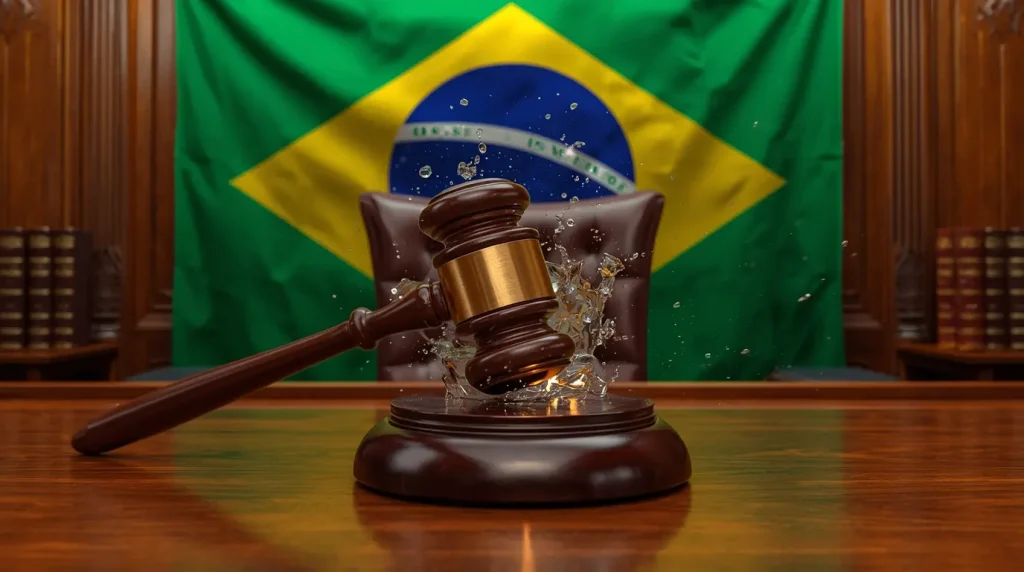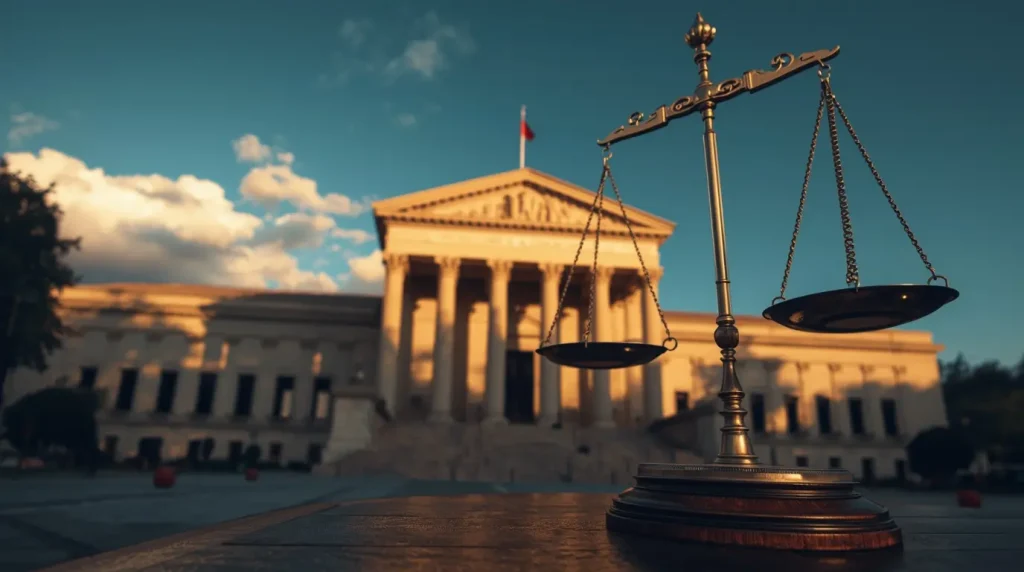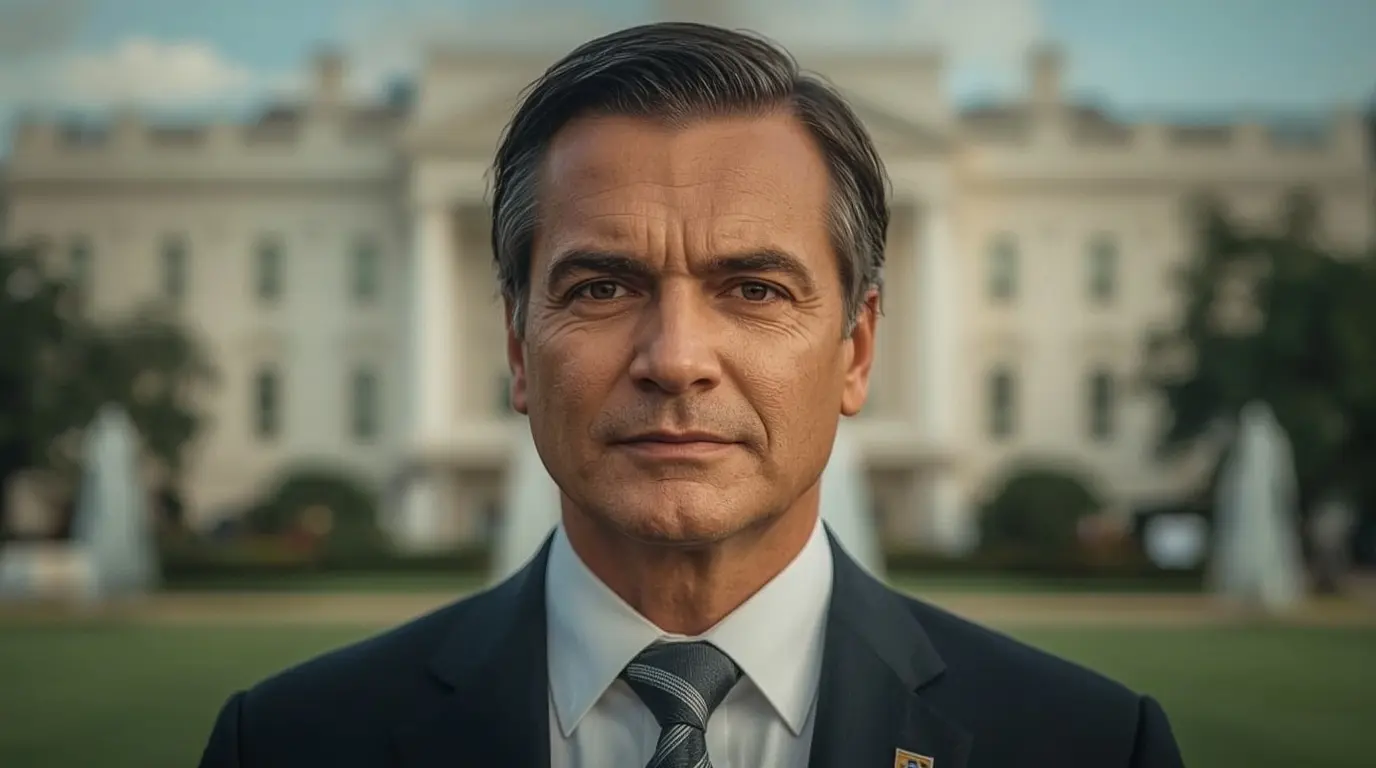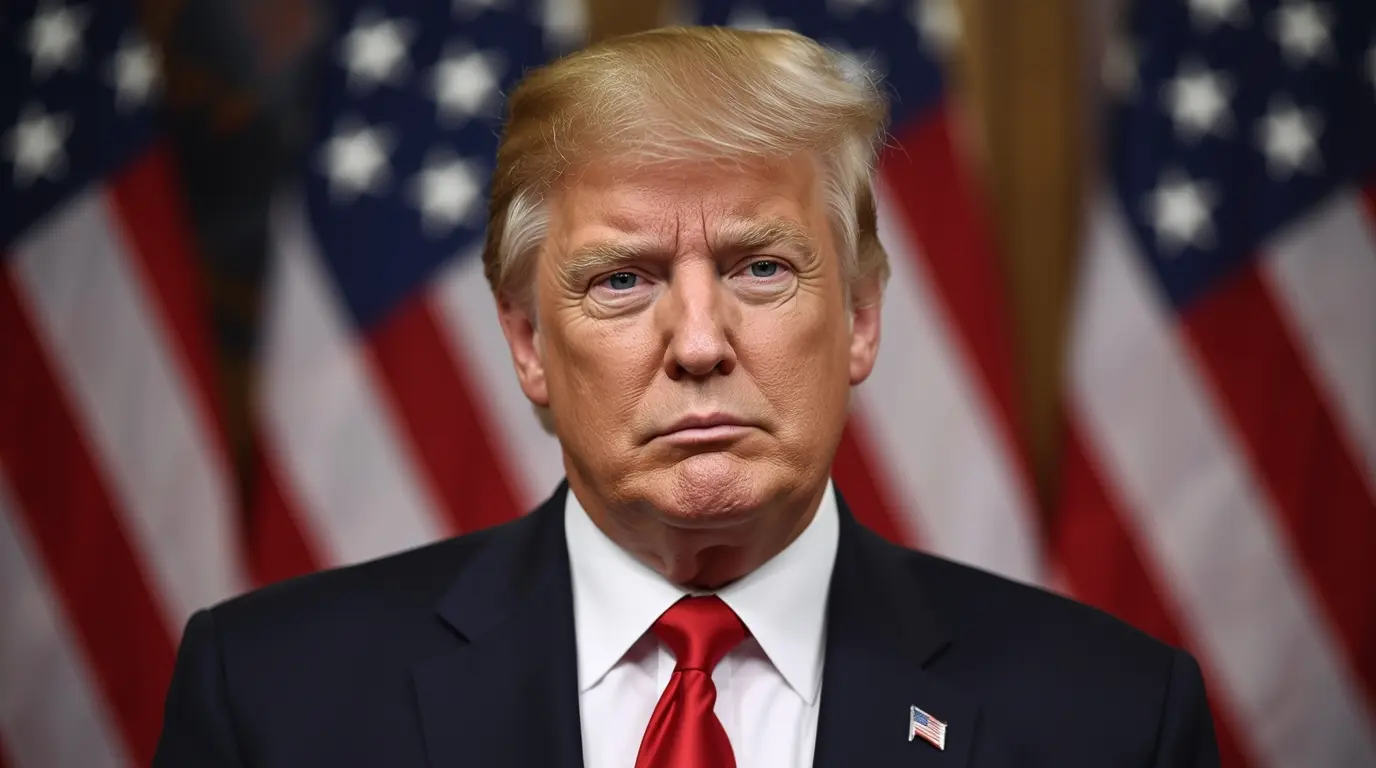The Landmark Verdict That Shook Brazilian Politics
In a historic decision that will forever change Brazilian democracy, the Supreme Court has found ex-President Jair Bolsonaro guilty of conspiring to carry out a military coup after losing the 2022 election. The final sentence sends Bolsonaro to prison for 27 years and three months, marking a stunning watershed for the nation’s political life.
The verdict followed long months of investigations that unfolded in public view, revealing step by step how Jair Bolsonaro and his inner circle set out to weaken Brazil’s democratic foundations. Prosecutors pointed to email exchanges, secret orders, and public speeches to show a carefully planned strategy to delegitimize the election, to woo key military officers, and to erase the people’s verdict delivered at the polls.
Verdict Overview
On September 11, 2025, Brazil’s Supreme Court confirmed its judgment against Jair Bolsonaro through a five-member bench. Four justices found him guilty on five counts, which cover allegations of plotting a coup, leading an armed criminal gang, trying to violently end Brazil’s democratic order, and causing damage to state facilities on January 8, 2023, when rioters attacked Congress, the Supreme Court, and the president’s palace.
Justice Cármen Lúcia, whose opinion tipped the scale, declared Jair Bolsonaro had set off the January 8 riots and warned of an explicit strategy to “dismantle democracy and democratic institutions.”
Justice Luiz Fux stood alone in voting for acquittal. Analysts believe his differing view raises a possible escape hatch for Jair Bolsonaro’s lawyers, who have labeled the judgment “absurdly excessive” and have vowed to pursue “the appropriate appeals.”

Table: Breakdown of Charges and Potential Sentences
| Charge | Description | Maximum Sentence |
|---|---|---|
| Attempting to stage a coup | Plotting to overthrow the democratically elected government | 15 years |
| Leading an armed criminal organization | Heading a group that planned to seize power illegally | 10 years |
| Attempted violent abolition of the democratic rule of law | Using force to subvert Brazil’s democratic system | 12 years |
| Damage to government property | Destruction caused during January 8 insurrection | 5 years |
| Damage to protected cultural assets | Harm to historical buildings and artifacts | 3 years |
The Historical Context of Bolsonaro’s Politics
To understand why this verdict matters, it helps to look back at Jair Bolsonaro’s career. Before becoming president, he was an army captain and paratrooper who openly praised Brazil’s military dictatorship (1964-1985). He entered Congress in 1990, in the early years of Brazil’s democracy, and quickly turned famous for defending the dictatorship’s strict policies.
A 2017 interview laid bare his views: Jair Bolsonaro said Brazil would change only if civil war erupted, adding, “[We would do] what the military regime didn’t do: killing 30,000,” a statement that clearly targeted leftists and political opponents.
Brazil’s Jair Bolsonaro rose to power by channeling deep anger toward the establishment amid the massive street protests of 2014 and 2015 and the sprawling “Car Wash” scandal that engulfed the political elite. Lula da Silva, long Bolsonaro’s main rival, also fell into that scandal and was convicted, though the conviction was annulled last year, allowing him to run again in 2022.
Jair Bolsonaro’s presidency from 2019 until late 2022 was defined by vaccine skepticism and a warm embrace of illegal Amazon mining and cattle ranching, along with a sharp turn toward authoritarian rhetoric. As he prepared to take on Lula in 2022, his rhetoric turned more religious and apocalyptic, fueling fears he might reject an electoral loss.
International Reactions and Implications
The conviction of Jair Bolsonaro on corruption and abuse of office charges has turned heads worldwide, particularly in the United States. Former President Donald Trump, a longtime Bolsonaro backer, responded by slapping 50% tariffs on a range of Brazilian goods, saying the measure punishes the “Brazilian deep state” that abused Bolsonaro. Trump also sanctioned the Brazilian Supreme Court judge, Alexandre de Moraes, who is presiding over the Bolsonaro case.
After Jair Bolsonaro was convicted, Trump said he was “very surprised” and likened the ordeal to his own struggles in court. “It’s very much what they tried to do with me, but they didn’t get away with it at all. He was a good man; I don’t see that happening,” he told reporters.
State Secretary Marco Rubio backed Trump in the reaction, promising that Washington would “respond accordingly to this witch-hunt.” Rubio called the trial a “political persecution” led by “sanctioned human rights abuser Alexandre de Moraes.”
Brazil’s Foreign Ministry snapped back, claiming Rubio’s remark sounded like a “threat” and “attacks Brazilian authority” by failing to deal with “compelling evidence.” They stressed that “Brazilian democracy will not be intimidated by the U.S.”
International observers outside the United States keep a close eye on the case, seeing it as a milestone in urging accountability for a former president who wanted to undercut democracy. This type of scenario is turning up in many nations on different continents.
The Legal and Political Road Ahead
Even with his conviction and prison sentence in place, Jair Bolsonaro’s political movement still rallies strength in Brazil. Last Sunday alone, around 40,000 demonstrators filled the streets of Brasília, repeating the ex-president’s claims of being the target of a politically motivated witch hunt.
Jair Bolsonaro insists he plans to run for the presidency again in 2026, although Brazil’s top electoral authority has already barred him from holding office until 2030 due to his conspiracy theories about the country’s electronic-voting machines. A subsequent decision from the Supreme Court now extends the ban, preventing him from ever again running for any public function until 2033.
The same verdict has now led to convictions for seven co-defendants. Among them are the 2022 presidential running mate and former defence minister, Walter Braga Netto; ex-defence minister Paulo Sergio Nogueira; ex-chief of Bolsonaro’s personal staff Mauro Cid; military adviser Augusto Heleno Ribeiro, who also commanded the army; previous Justice Minister Anderson Torres; former naval commander Almir Garnier Santos; and former police officer Alexandre Ramagem.
Jair Bolsonaro’s conviction—and the court’s scrutiny of the military officers who supported him—marks a critical turn in Brazil’s long struggle to bottom the threat of authoritarianism. Carlos Fico, an historian who specializes in Brazil’s military at the Federal University of Rio de Janeiro, observed that “for the first time in almost 140 years of republican history, military officers who tried to topple democracy have faced punishment.” Their sentencing closes a nasty chapter in a book that could, until now, refuse to end, and that’s why so many of the court’s motivations point to other endings that did not last so long.

Conclusion: A Defining Moment for Brazilian Democracy
Jair Bolsonaro’s fall, then, becomes a history book rather than future prediction: the resignation of a powerful president who tried to incubate a regime brought slow change regarding the loyalties of Brazil’s street soldiers and military generals. This crisis, and the conviction in particular, proves that Brazil’s democracy, still young at 35, can spin back attacks of the ambition of civilian or military leaders who forget that the threat of the 1964 coup cannot erased.
Justice Cármen Lúcia framed the conviction moment further, emphasizing that the tribunal brought a message to residents of the squatter camps, to peasants abroad, diplomats meeting Brazil abroad— indeed, to Brazil’s own past— when she stated: “Today, This moment is Brazil in its meeting with its own future.”
The months ahead will be critical for Brazil while the appeals move forward and the nation gets ready for the next presidential race in 2026. The ruling against Jair Bolsonaro has sent a clear message: efforts to undermine democracy carry meaningful consequences, no matter how high the office or how strong the following.
Bolsonaro’s conviction alone won’t erase the country’s bitter political splits, but it pushes the clock forward for accountability and helps constitutional rules gain traction instead of crumble. As Brazil and other democratic states digest this landmark ruling, its lessons will be examined for many elections, serving as a living, breathing guide in the ongoing fight against authoritarianism.
Source: https://edition.cnn.com/2025/09/11/americas/brazil-jair-bolsonaro-coup-trial-verdict-latam-intl
For more incredible stories of everyday news, return to our homepage.





